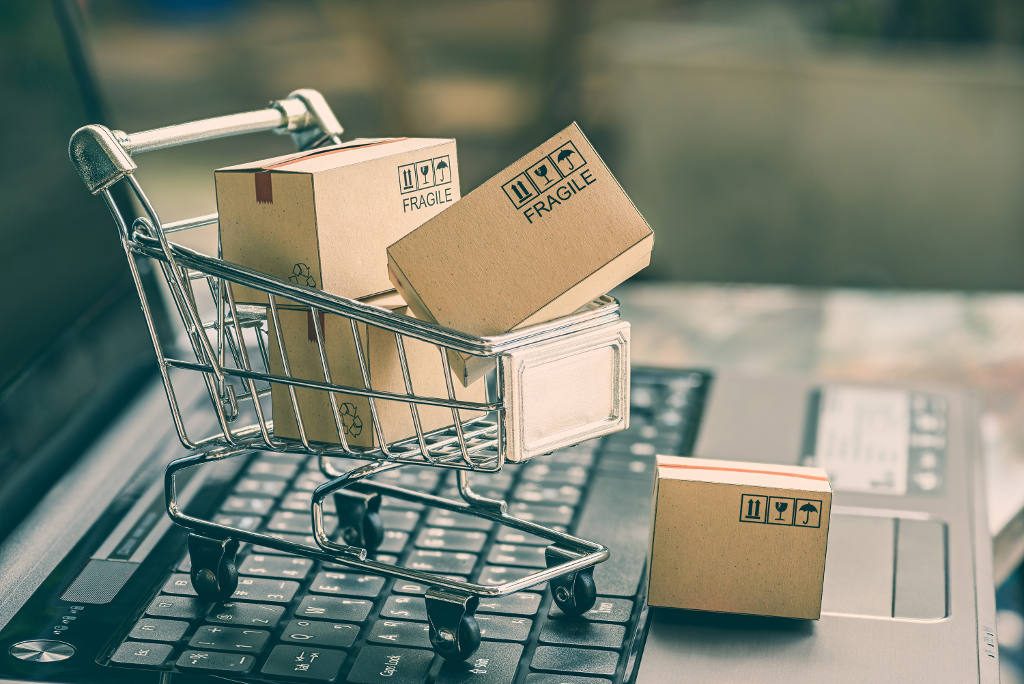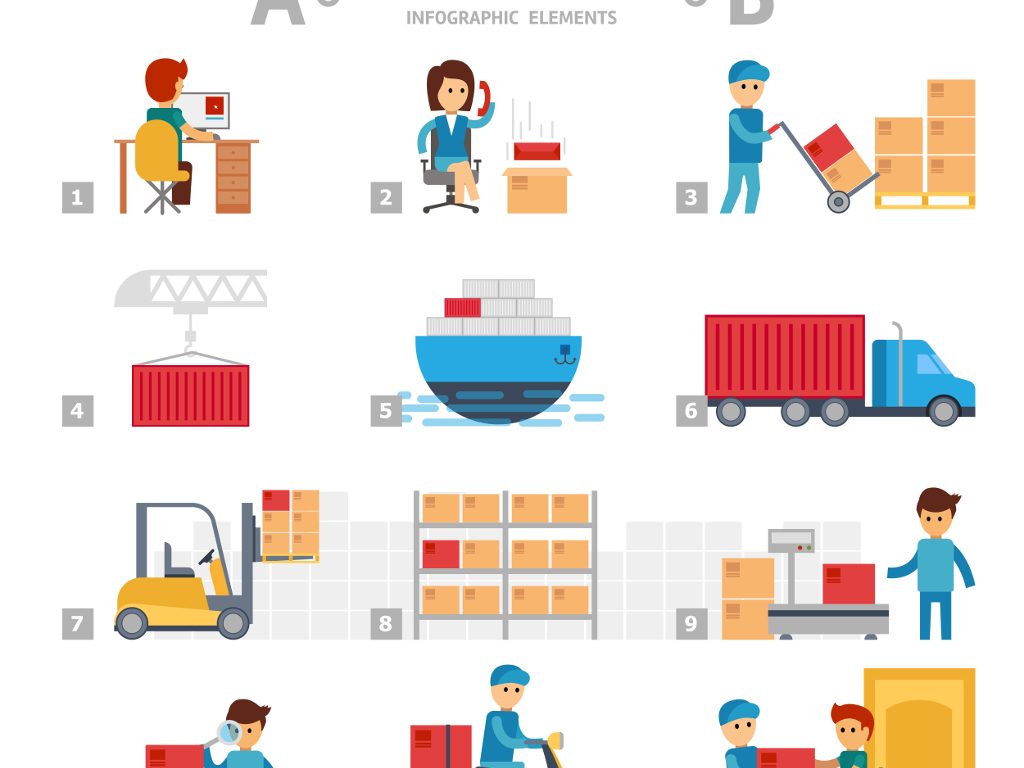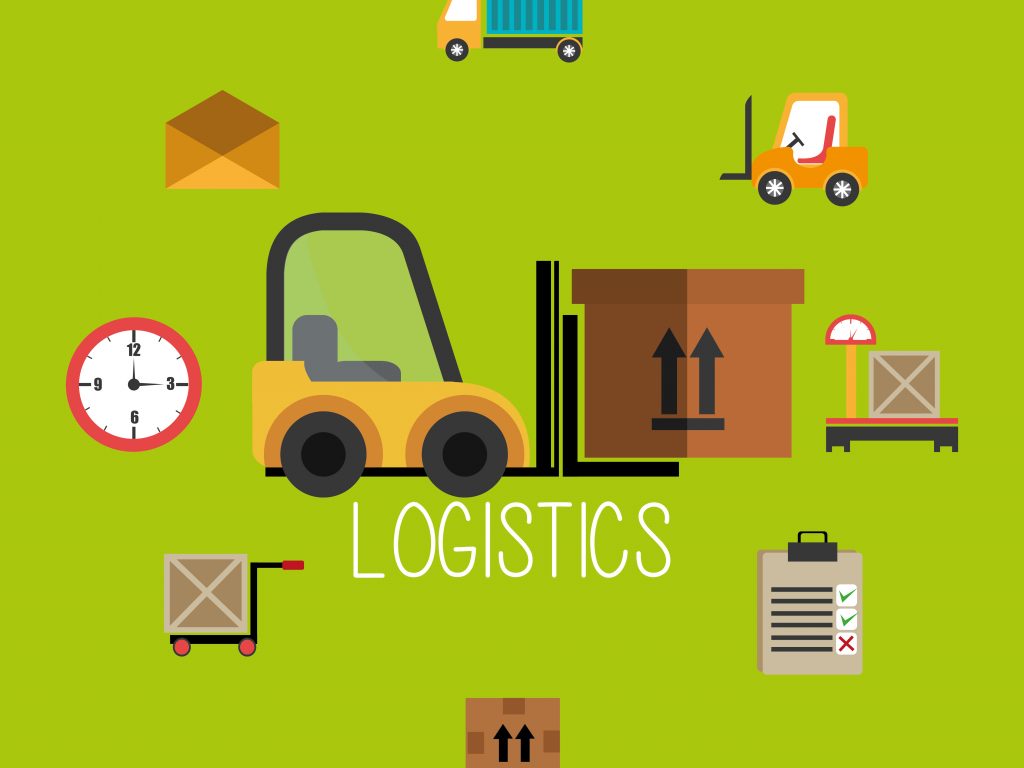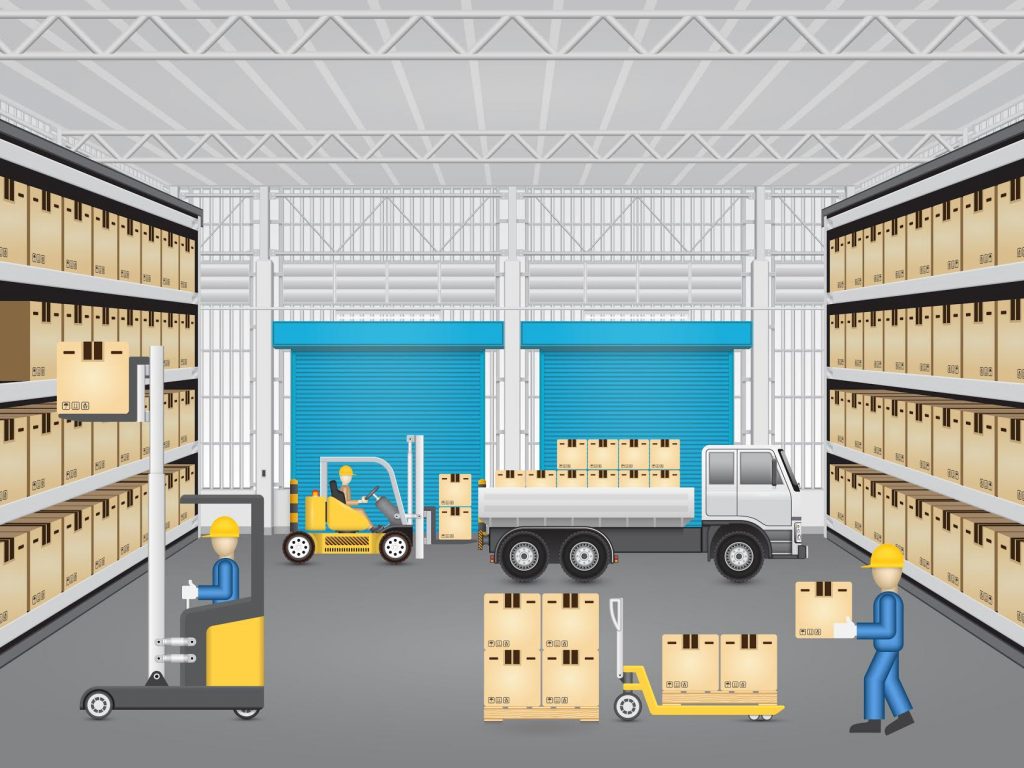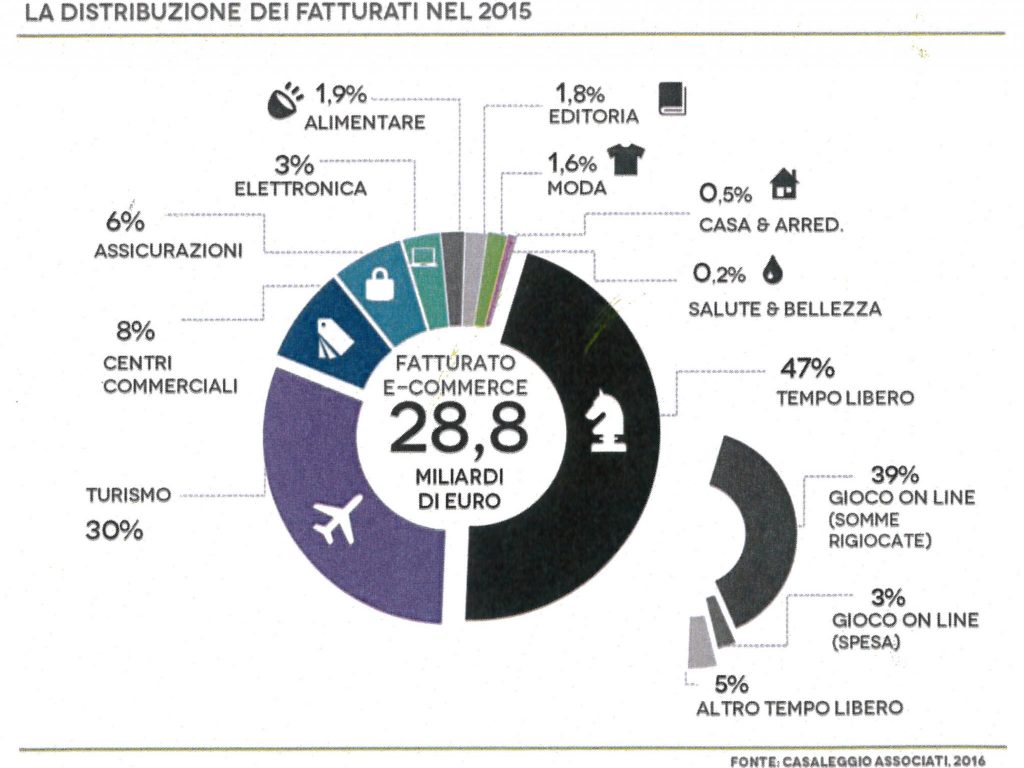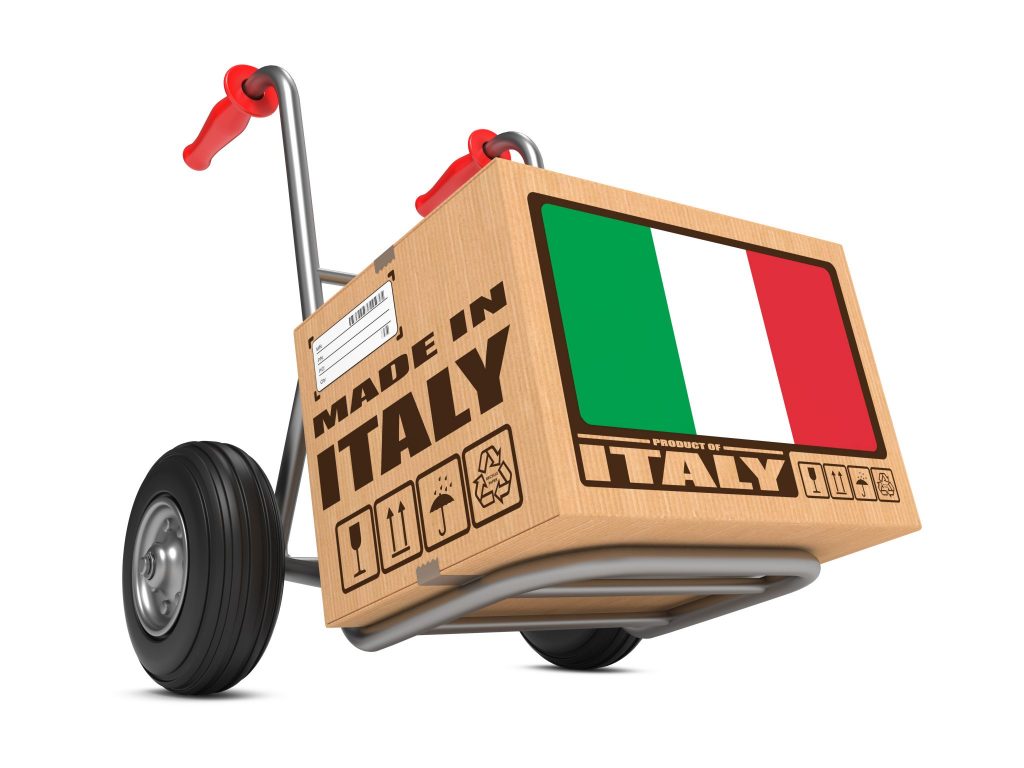
Premessa:
• Amazon ha annunciato il lancio del suo servizio ‘Hub by Amazon’, che servirà come soluzione di deposito sicuro e luogo di ritiro per chi vive in appartamento e ordinano beni online da Amazon o qualsiasi altra società.
• Amazon si aspetta che il servizio diminuisca la pressione sui citofoni dei condomini per gestire lo smistamento, lo stoccaggio e la consegna dei pacchi.
• Con il nuovo servizio, chi abita in appartamento non si servirà più del servizio di portineria e non ci saranno finestre limitate di tempo per il sevizio di ritiro. Inoltre proprietari e manager potranno gestire al meglio il loro tempo e dedicarsi ad altre priorità.
Visione:
La Shipping with Amazon (SWA), servizio che organizza la spedizione e la logistica per Amazon e per i suoi 3PL internamente, segnalata mesi fa, e il recente ‘Hub by Amazon’ è un altro step dell’e-commerce verso un maggiore controllo della logistica e della microdistribuzione.
Questo ‘hub’ flessibile incarna l’idea di ‘logistica come un servizio’ ma richiede forte abilità logistica, un servizio ai consumatori 24 ore su 24 (che Amazon ha detto che fornirà) e la capacità di adattare e personalizzare esigenze individuali e specifiche per appartamento.
È parte di un trend di crescita – dominato prevalentemente dalle startup come Flexe, ma anche testato dai rivenditori come Target – per sfruttare al massimo lo spazio di magazzino per ridurre i costi e aumentare la convenienza.
‘Hub by Amazon’ garantirà ad Amazon un maggiore controllo su non solamente i suoi inventari, ma anche i suoi 3PL e qualsiasi altra azienda che userà questo servizio per raggiungere coloro che abitano in appartamento.
“La consegna ad appartamenti e condomini è stata una sfida per molti anni”, disse Charles Dimov, vicepresidente di marketing per OrderDynamics in una mail. “I rivenditori si sentiranno rassicurati supportando un’altra iniziativa di Amazon? Questa potrebbe essere una grande opportunità per coloro che non competono direttamente con altri rivenditori”.
Ma ci sono maggiori implicazioni per l’industria della logistica. Questa mossa potrebbe spingere gli altri 3PL ad esaminare come essi forniscono i servizi di B2B e B2C e incitarli a ripensare alla distribuzione e alla spedizione delle merci. I 3PL dovrebbero inoltre trovare nuovi modi per differenziarsi dal braccio logistico di Amazon senza continuare a lavorare per Amazon stesso, ma anche con altri clienti.
Fonte: The Supply Chain Dive
Autore: Kate Patrick
Dive Brief:
Amazon announced the launch of its Hub by Amazon service, which will serve as a safe storage solution and pick-up location for apartment-dwellers ordering goods online from Amazon or any other company.
Amazon expects the service to lower pressure on apartment buildings’ front desks to handle package sorting, storage and delivery, according to the press release.
With the new service, “apartment residents no longer need to wait for property staff to deliver a package or adjust their schedules for limited pickup windows at front desks. Property owners and managers also benefit declutter lobbies and allow onsite staff time for other priorities.”
Dive Insight:
A rumored Shipping with Amazon (SWA) was reported months ago, and the newly launched Hub by Amazon is another step by the e-commerce giant toward gaining more control of logistics and microdistribution.
The flexible “hub” plan embodies the idea of “logistics as a service” but requires hefty logistics prowess, round-the-clock customer service (which Amazon says it will provide) and the ability to adjust to and customize individual and apartment-specific needs.
It’s part of a growing trend — dominated mainly by startups like Flexe, but also being tested by retailers like Target — to make the most of storage space to cut costs and boost convenience.
Hub by Amazon will give Amazon greater control over not only its own inventory, but also its third-party sellers and any other companies using Hub by Amazon to reach apartment dwellers.
“Apartment and condo delivery has been a challenge for many years,” said Charles Dimov, vice president of marketing for OrderDynamics in an email. “Will retailers feel comfortable supporting another Amazon initiative? This might this be an even greater opportunity for a new last mile player to emerge who doesn’t directly compete with other retailers.”
But there are broader implications for the logistics industry. This move could prompt other 3PLs to examine how they provide B2B and B2C services and prompt them to rethink distribution and freight forwarding. 3PLs may also have to find new ways to differentiate themselves from Amazon’s logistics arm to not only keep working with Amazon, but also other customers.
Author: Kate Patrick
Source: The Supply Chain Dive









